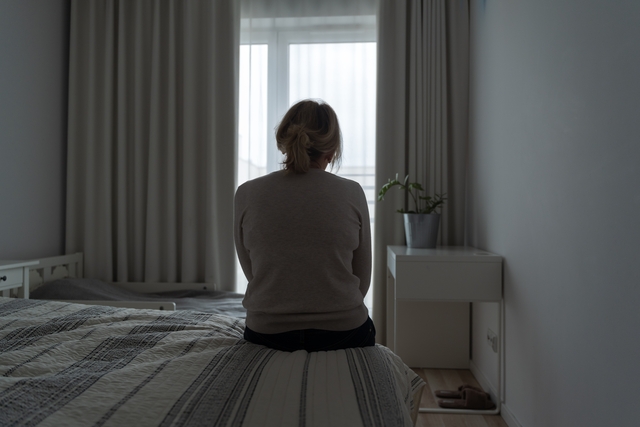The Sunshine Coast (237) and Wide Bay (253) areas were the third and fourth most common places in Queensland for elder abuse to be reported after Brisbane (462) and the Gold Coast (272), according to the latest Elder Abuse Statistics in Queensland 2023-24 Year in Review.
The 10th annual report, which was prepared by Uniting Care and based on 4,458 phone calls made in the year to Uniting Care’s Elder Abuse Helpline, and funded by the Queensland Government, collects data on victims and perpetrators, relationship and community factors, type and impact of abuse and barriers to reporting abuse.
Of the calls made 2674 were notifications of abuse with the most common types of abuse being psychological, financial and social and occurring in close or intimate relationships. Two-thirds of victims reported more than one type of abuse.
Most victims of abuse were aged 80-84 years, almost 70 per cent of victims were female and more than half (55 per cent) were living with perpetrators. Most of the perpetrators of the abuse were aged 50-54 and were daughters (36 per cent), sons (34 per cent) or partners (13 per cent).
More than 60 per cent of victims were dependent on support services, most commonly in the areas of domestic help, with meals and with transport.
The report recommended more research into neglect, barriers to seek help and social abuse, which is a form of coercive control that can be used as a means to facilitate, maintain, or hide other forms of abuse.
The report found many people do not contact the Helpline until they reach breaking point.
In 2023–24, 1,943 cases of psychological abuse were reported to the Helpline.
The most common forms of psychological abuse were pressuring, shouting, and making threats. The most common threats were to harm victims, to send victims to residential aged care facilities, and to harm others.
There were 1,663 cases of financial abuse reported with the most common methods of financial abuse being undue influence, misuse of an Enduring Power of Attorney (EPoA), and misuse of debit and credit cards.
In 2023–24, 802 cases of social abuse were reported to the Helpline with perpetrators most commonly behaving in ways that limited or restricted visitation by others, and restricted access to a phone.
The rate of social abuse recorded in 2023–24 was the highest ever recorded in the reports and was notably higher than the peak observed during the Covid19 pandemic but the reason for it was unclear, with the report finding no evidence to show it was the result of heightened economic pressures. Other forms of abuse were reasonably consistent compared to previous years.
In 2023–24, 615 cases of neglect were reported to the Helpline.
Refusing to allow others to provide care, failing to ensure victim’s nutritional needs were met, and failing to ensure victim safety were the most frequently reported forms of neglect in 2023–24.
The most common barriers to changing the victims situation were found to be victims protecting the perpetrator and their relationship with them, shame or stigma, and fear of further harm.
Callers were referred to other services such as counselling and carer support, about 20 per cent were referred to legal services and about 10 per cent to emergency services.
The State Government established a Parliamentary Inquiry to investigate the devastating consequences of elder abuse in December.
Minister for Families, Seniors and Disability Services Amanda Camm said the inquiry would shine a light on the nature and extent of elder abuse, how we are reporting and responding to elder abuse and where we can improve.
“All Queenslanders have a role to play in preventing elder abuse including families, communities, service providers and all levels of government,” she said.
“Increasing our understanding of elder abuse and boosting community awareness is vital to stopping the abuse.”
Minister Camm said the Uniting Care report highlights the fact that elder abuse is currently underreported in Queensland.
“We know six in 10 older people who experience abuse will likely not seek help from a professional source, but instead seek advice from family or friends,” she said.
Suspected cases of Elder Abuse can be reported via www.qld.gov.au/stopelderabuse or call the Elder Abuse Helpline on 1300 651 192.









